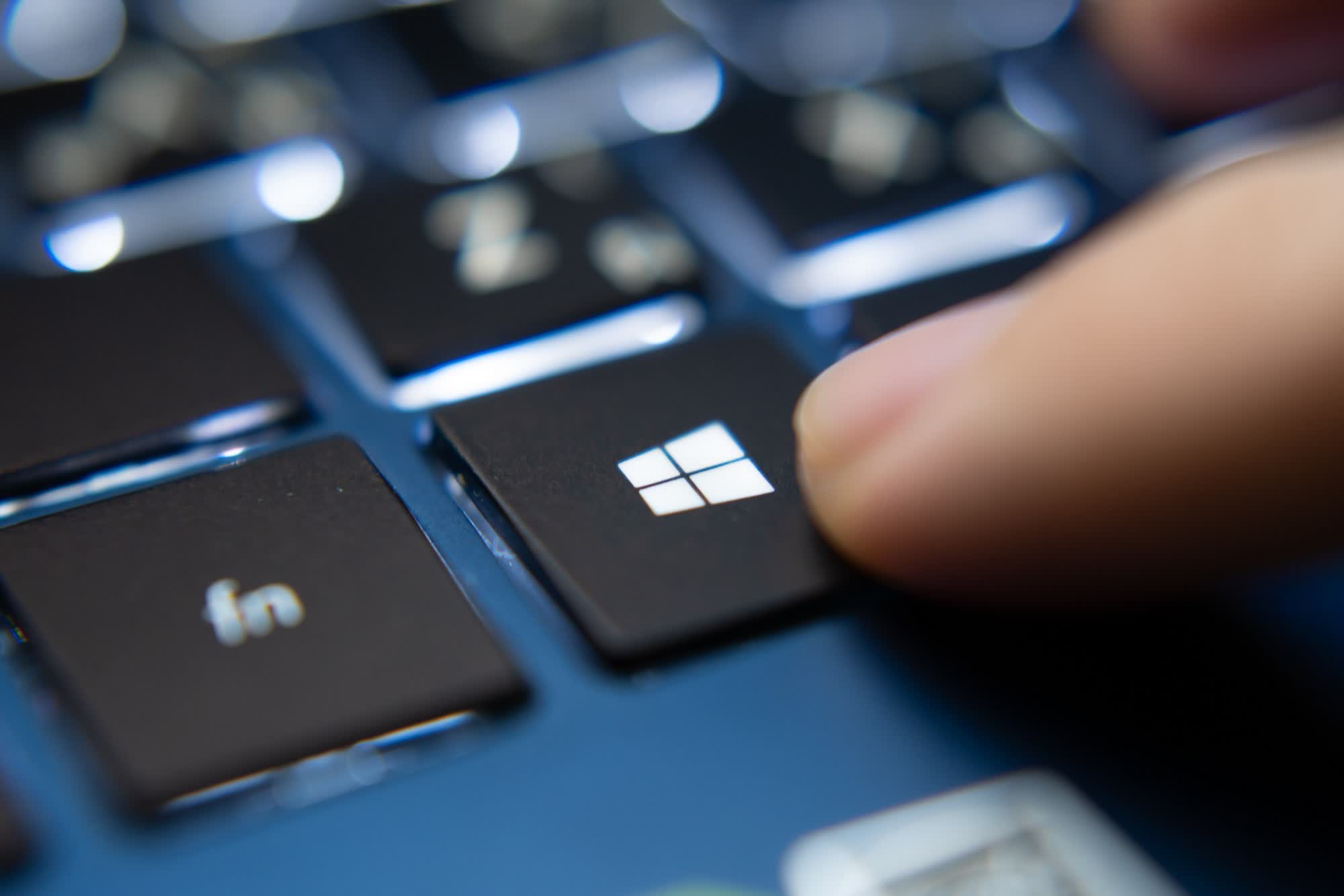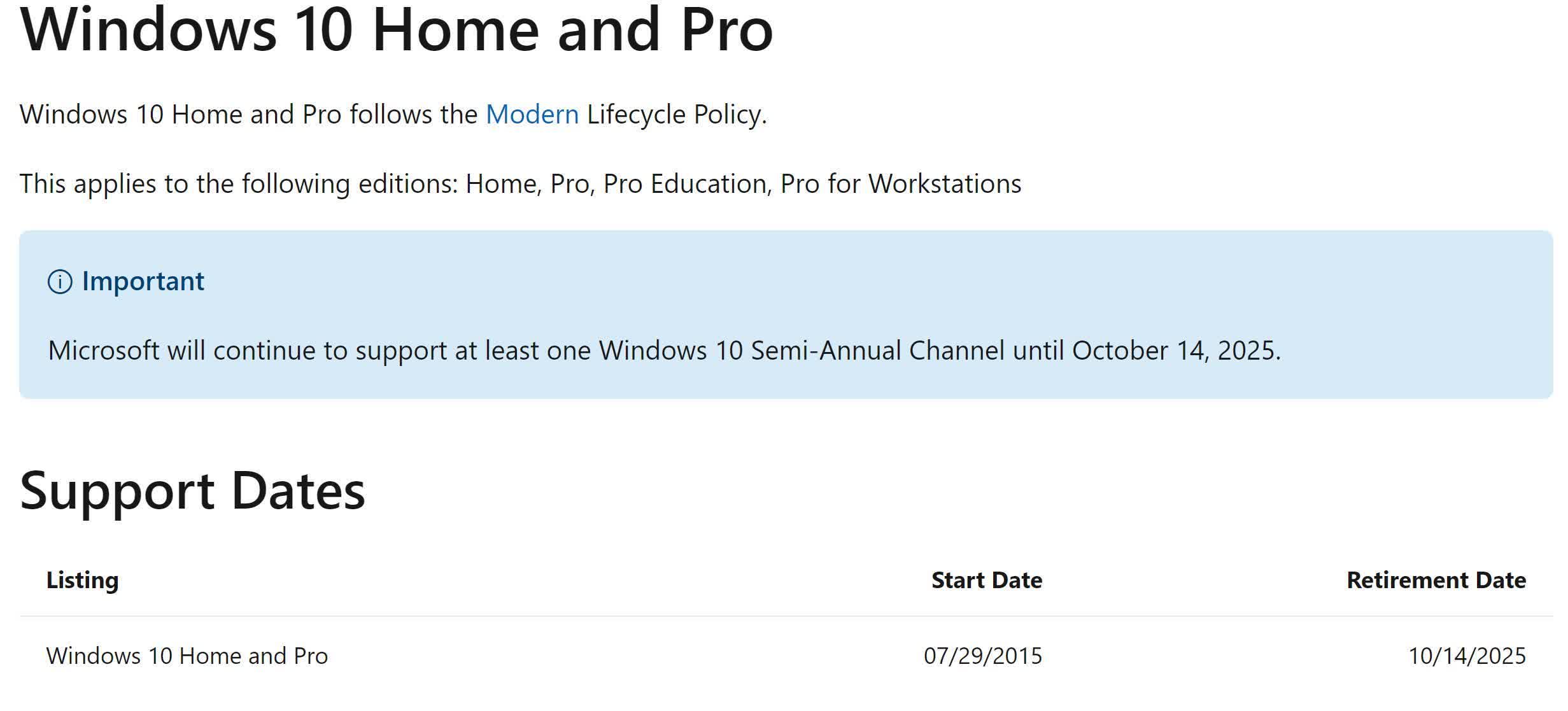TL;DR: Just before it released Windows 10 in 2015, a Microsoft employee famously said it would be "the last version of Windows." It seems, however, that Microsoft's definition of "last" means enduring until 2025, which is when the company drops support for the OS used by 1.3 billion people.

Microsoft has updated its Windows 10 Home and Pro Lifecycle Policy page, writing that it will "continue to support at least one Windows 10 Semi-Annual Channel until October 14, 2025." Underneath the statement is confirmation that Windows 10 Home and Pro will be retired on that date. A header states this also applies to Windows Pro Education and Pro for Workstation.
No longer pushing out updates for an operating system effectively kills it off, though as we've seen with Windows 7, plenty of users stick around after this point despite the security risks. There's no mention of Windows 10 Enterprise or Windows Server versions in the document, suggesting these business-focused builds will have a later retirement date.
The update is more evidence that Microsoft is preparing to launch Windows 11. The company said it would be showing off "one of the most significant updates to Windows of the past decade" at an upcoming event, dropping hints of the "11" moniker with an 11-minute video of slowed down Windows Startup sounds and the livestream's 11 am start time.
Windows 10 still has some major updates in store before being retired, including Windows 10 21H2 (Sun Valley) that arrives later this year, revamping the current operating system with a new look and features.
Image credit: Wachiwit
https://www.techspot.com/news/90047-microsoft-ending-support-windows-10-2025.html
